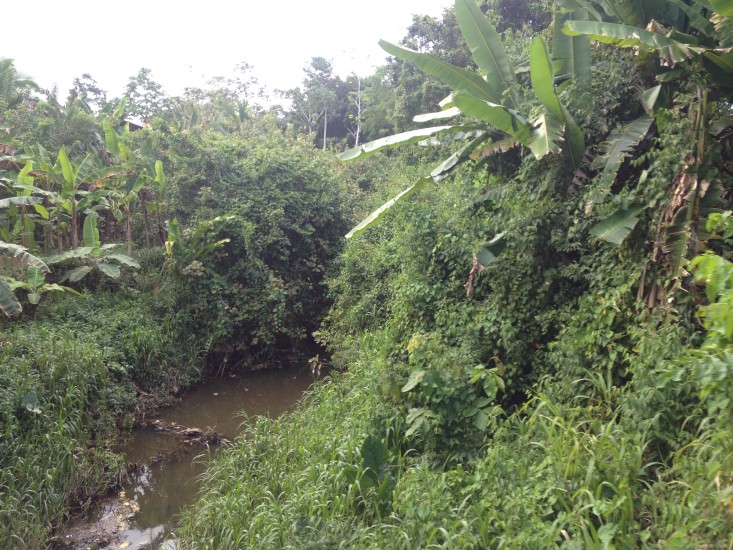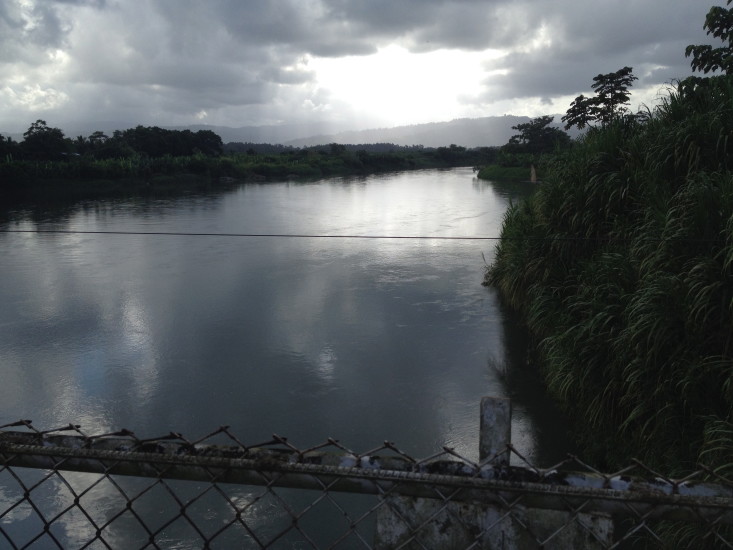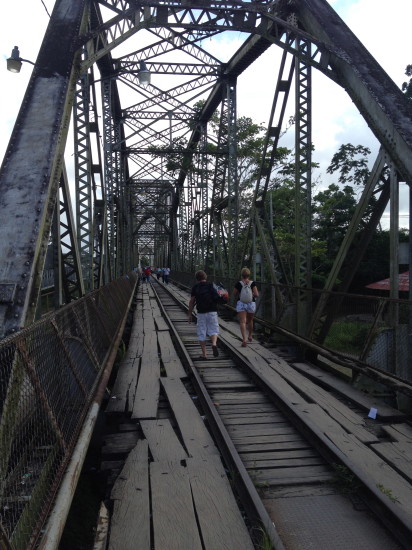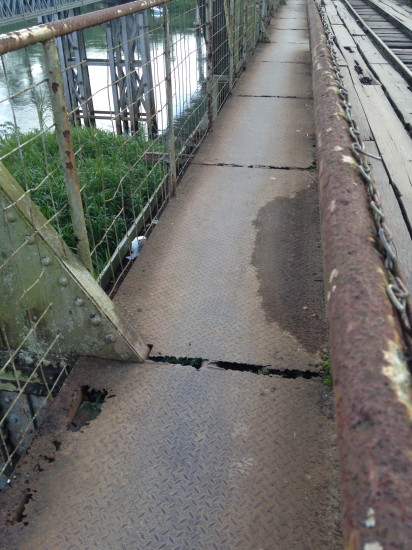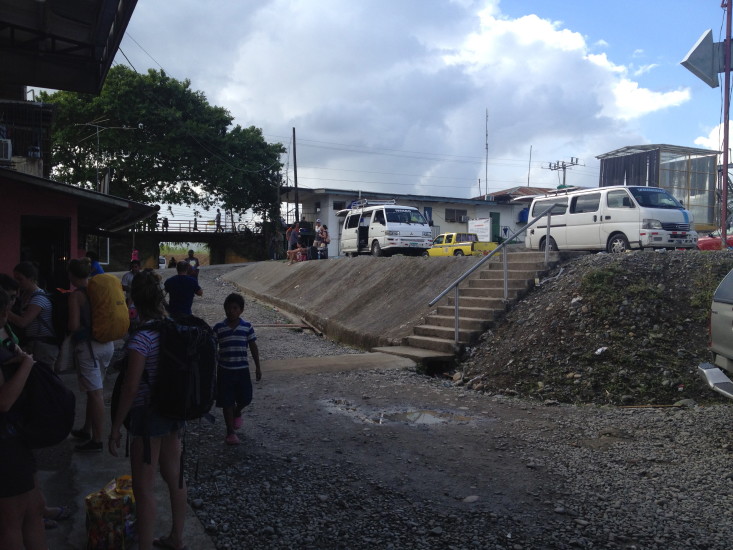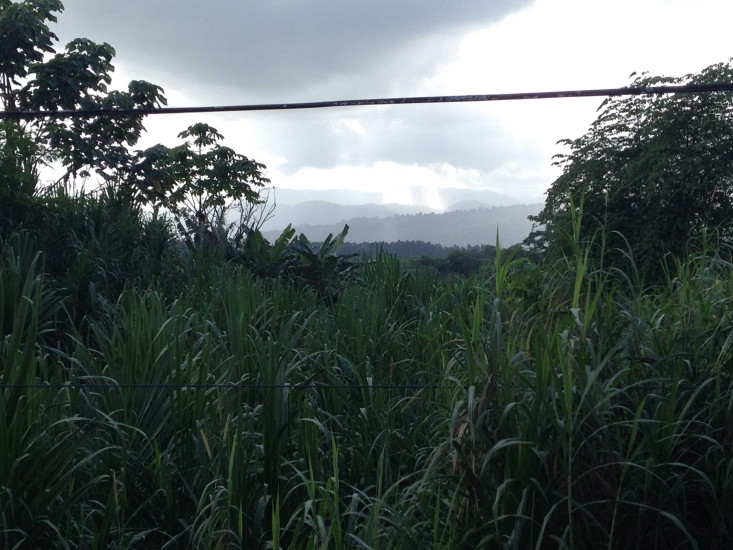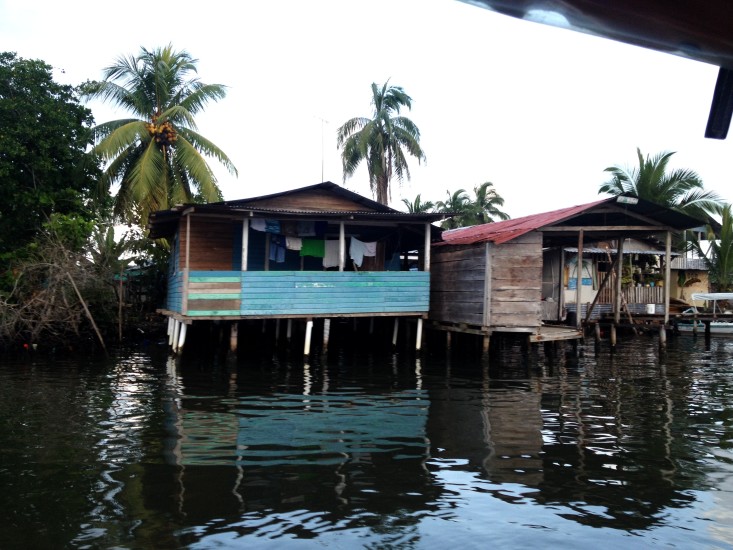Enlightenment thinkers believed that human beings were born as untouched entities, innocent of the world, and therefore as malleable as a lump of Playdough. This was the childhood “clean slate”, or tabula rasa in Latin. Essentially, babies started fresh and were slowly shaped by the influences around them.
I believe I started that way too. Innocent…clean…and there is definitely a clear bias towards “goodness” in today’s children. It is not until we are preteens that we realize not every rule has to be followed to a T. Rules can be broken when they either don’t make sense, or if you’re looking for a slight personal benefit (as long as it’s not a huge transgression….I’m not talking about robbery and murder, y’all).
While any bit of selfishness is mashed out of your still unfused skull bones from a young age, with time you start to learn that working in one’s self interest is not always a bad thing. What’s more, you start to anticipate the self interest of others, and with this astute prognostication, you use what others want to get what you want. Hey, if everyone’s back is getting scratched to satisfaction, there’s no foul, right?
This tends to come in handy with most people, but there are some categories of human beings where this keen understanding of others’ goals is indispensable. Government officials are one of these special categories.
Government officials have all the power. They literally are part of the system that rules over you, and they hold the keys to your advancement. Literally. It’s not so clear in the United States, but when you hit the borders of the…let’s call them the “less cheery” countries, one beer-bellied man sweating through a short sleeved cotton shirt decides if you shall, or shall not, pass.
Here I stood, in a sweltering tropical jungle in line for what looked like a movie’s ticket booth built up in front of a rickety, steel riveted bridge over a lazy brown river. This bridge was the kind that Indiana Jones gets into a shooting match on, where his leg busts through a rotting board almost falling to his doom as bullets whizz overhead, where fortuitously a villager steering a dugout canoe is floating below and he lashes his whip to one of the beams, jumps off the bridge and swings to safety, only to wave his hat at his pursuers with a mischievous smile that says, “Did you forget who’s the main character of this movie?”
I only had that bridge standing between me and crossing between two former banana republics, Costa Rica and Nicaragua. A “banana republic” is not just a clothing line that used to be cool in the 90s; it was a term for a small Central American country in whose affairs the United States meddled to extract vital resources like oil or bananas. I was not aware that bananas were so goddamn important that we would foment intrigue and assassinations in foreign countries, but apparently that mushy fruit is worth a little poison here and a little exploding cigar there.
The rickety-ass bridge.
The bridge itself was almost certainly built to accommodate train tracks to haul bananas to the coast, tracks which had long fallen into disrepair as the world cavalierly reinforced its fossil fuel-aholism and diesel trucks became the transportation mainstay. Luckily I had my uncle with me, a native whose straw hat would have made him a target of wonder back home in Chicago, but here blended in as much as the green palm fronds surrounding us blended into the enveloping jungle.
Before I take my next step, what’s my survival rate topping out at right now?
As usual, it’s good to have local contacts. My uncle, feigning that he gave two shits, stood in the line like a proper young man for 20 minutes, and at the exact minute mark when he decided he had put on enough of a show, he looked at me and said, “Let me go see if Pablo’s working. Give me your passport.”
Your average border town.
His image slowly faded into a squiggly mirage as he dipped between the endless backpacks of European hippies with dreadlocks and the suitcases of Costa Rican street hustlers packed to the brim with items of vice bought for cheap in Nicaragua, destined for the black market: cigarettes and the local liquor, guaro, which has to be distilled from whatever you light blowtorches with.
I stood still, closing my eyes so that all I could focus on was the damp heat hugging me like someone wrapped me in a wet towel they had put in the microwave for 30 seconds. When I reopened them I saw my uncle near the front of the line waving madly, swatting invisible bees above his head, and clearly trying to get my attention. I jumped out of line with a pang of regret, slightly scared to lose my place, but I knew I had to trust him.
Well the house seems to come with a pool.
I walked forward, and as I got closer, my uncle smiled broadly saying in Spanish, “Get your shit, boy, let’s go!” With a flutter of pages, he flipped my passport open to a greenish stamp, smudging as it was still damp: official permission to exit La Republica de Nicaragua.
We scurried across the border, hastily escaping the tourists’ judgmental eyes, perplexed by our special treatment. Halfway across the rickety bridge, he relaxed, his shoulders dropping to ease as he undid one button on his shirt, probably to let the air in, but unwittingly exposing another two inches of his corpulent belly.
With his trademark vulgarity, he looks at me and sneers, “No way in hell are we standing in that line in this heat. Remind me on the way back to stop at duty free. I slipped that fucker, Pablo, a 20 but now he’s demanding a goddamn bottle of whiskey too!” If only I started early, bribing my kindergarten teacher with juice boxes, I might have been as good at breaking the rules as him.
Lesson learned: Some rules (the non-Biblical kind) were meant to be broken. What’s a little money if you’re more comfortable and a border guard’s wife gets a new necklace?
–Manuel (20), Chicago, IL, greasing government palms in republics of bananas

